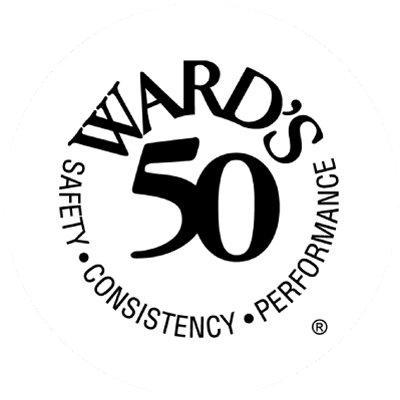Before starting any job, HVAC technicians should anticipate the work they’ll be performing and the hazards that may be at the particular site. A few simple steps and things to keep in mind can go a long way toward safety.
Personal Protective Equipment (PPE)1:
- Eye protection: There are many eye injuries that can occur during HVAC work, such as cutting, drilling and grinding. Items such as impact-resistant glasses with side shield, wrap-around googles and full-face screens and visors are all viable options. Put the eye protection on at the start of your job and keep it on until the work is completed.
- Hearing protection: There are two main hearing protection types suitable for HVAC work, ear plugs and ear muffs. Plugs will filter general noise, but ear muffs provide more protection.
- Breathing protection: There are two pieces of breathing gear that should be part of your standard PPE: a disposable dust mask, for quick and dusty jobs, and a HEPA-filtered respirator for fume protection or longer, more involved work.
- Hand and foot protection: Wear the proper gloves for hand protection, whether it be leather, rubber or insulated materials, depending on the job. Proper footwear can be steel-toed boots with slip resistant soles and shock-resistance. Look for footwear with an OSHA label for the best protection.
- Clothing in different work situations: Regardless of the work you’re doing, high visibility clothing gives you an added layer of safety, as you may be working around traffic, or need to be visible to other workers. Protective clothing also includes chemical and fire resistant coveralls, and waterproof clothing, too. Additionally, as HVAC work takes place in all types of weather, think of clothing for various weather situations2 such as rain, thunderstorms and snow, or extreme heat or cold.
Dangers to look out for:
- Electricity – Most HVAC equipment has an electrical component or electrical energy source. Make sure you consider power tools and auxiliary power sources, and have the right PPE in place.
- Start by turning off the power3 to the corresponding circuit in the breaker panel. This way, there will be no electricity flowing through the HVAC system.
- Make sure to use proper lockout and tag procedures to ensure no one tries to turn on the power while you are working.
- Before performing the work, test the circuit with a meter that is properly rated for the type of circuit you’re testing to determine if it’s still energized or not.
- While handling any part of the HVAC system, always wear personal protective equipment (PPE)—especially HVAC work gloves—to prevent any type of electrical shock or refrigeration burns
- Chemicals – Take note of the chemicals you’ll be using in your job, such as refrigerants, solvents and various detergents, among others, that can pose serious health risks. These chemicals can also explode, if mishandled. You should also remember safety procedures and proper handling when storing as and transporting chemicals. Wear your protective gear and gloves when handling liquids that can burn your skin.
- Fall protection4/ladder safety – Falls are one of the most significant hazards you’ll find on HVAC job sites. Much of the equipment is in attic spaces or hangs from the ceiling. The use of ladders is the part of many jobs. Make sure you have proper fall protection.
- Injuries from sharp materials: As an HVAC technician, you’re constantly exposed to sharp objects such as utility knives and sheet metal edges. Make sure to use the proper tool for the job and that you’re wearing the proper PPE for the situation.
- Finally, clean work areas – Keep a clean job site, disposing of trash regularly with a waste disposal on-site.
How can you make sure you’re covered? Look to Merchants and our contractors programs that provide flexible coverages to meet the needs of today’s contractors. Talk with your independent insurance agent to learn more.
Sources:
- Vista College, https://www.statece.com/blog/hvac/hvac-safety-guidelines/
- Contracting Business, https://www.contractingbusiness.com/residential-hvac/article/20870479/5-important-safety-guidelines-for-new-hvac-technicians
- Service Titan, https://www.servicetitan.com/blog/guide-to-hvac-safety
- Contracting Business, https://www.contractingbusiness.com/residential-hvac/article/20870479/5-important-safety-guidelines-for-new-hvac-technicians


